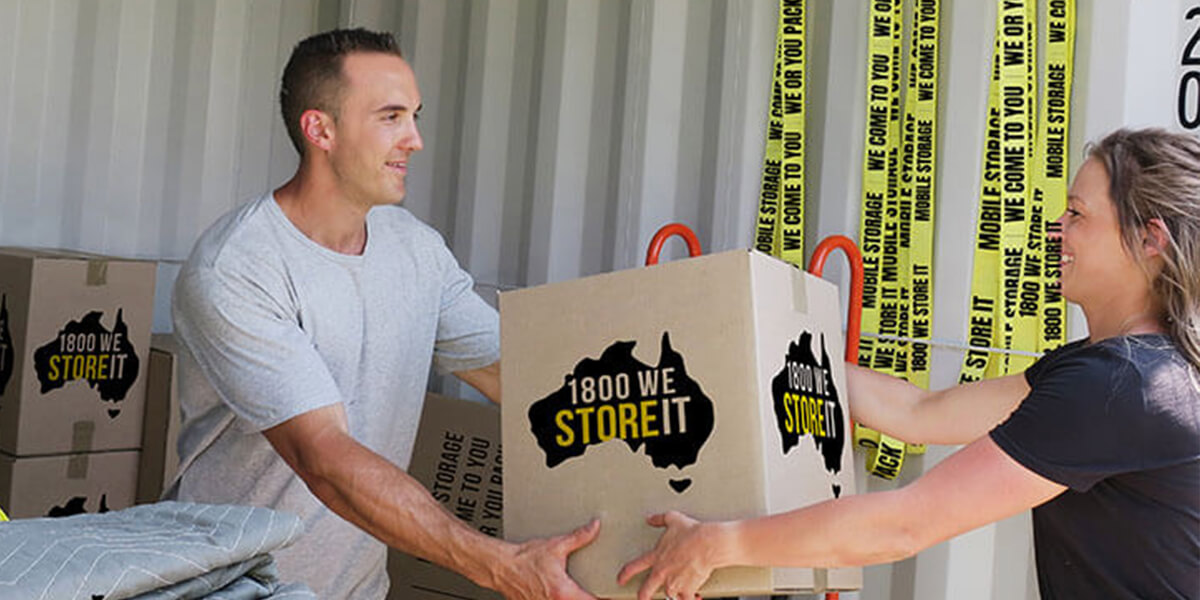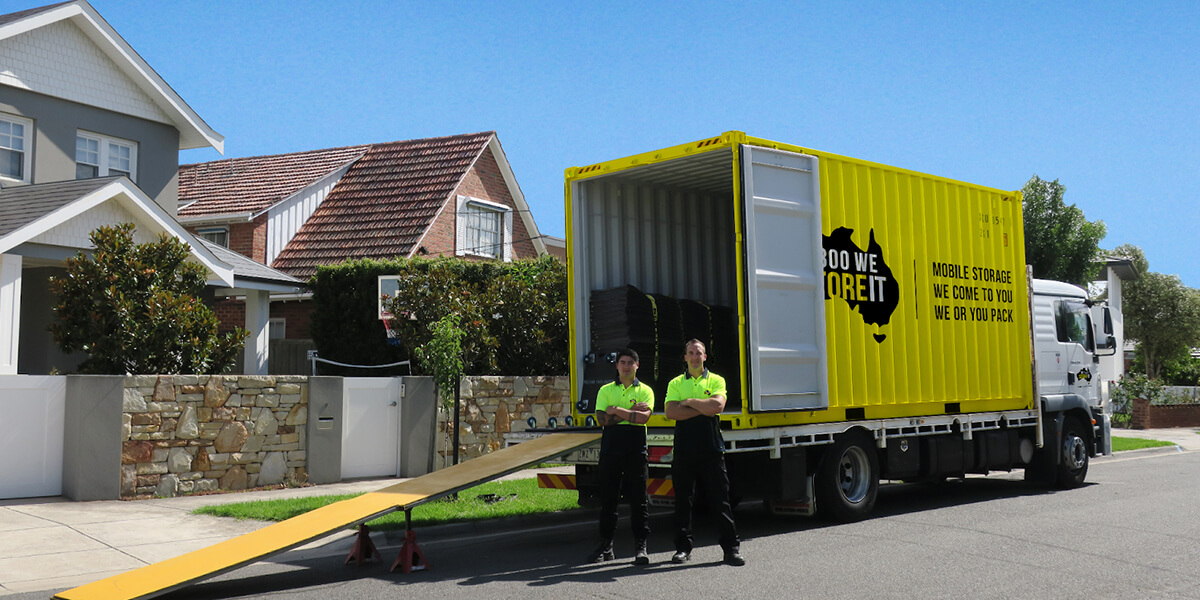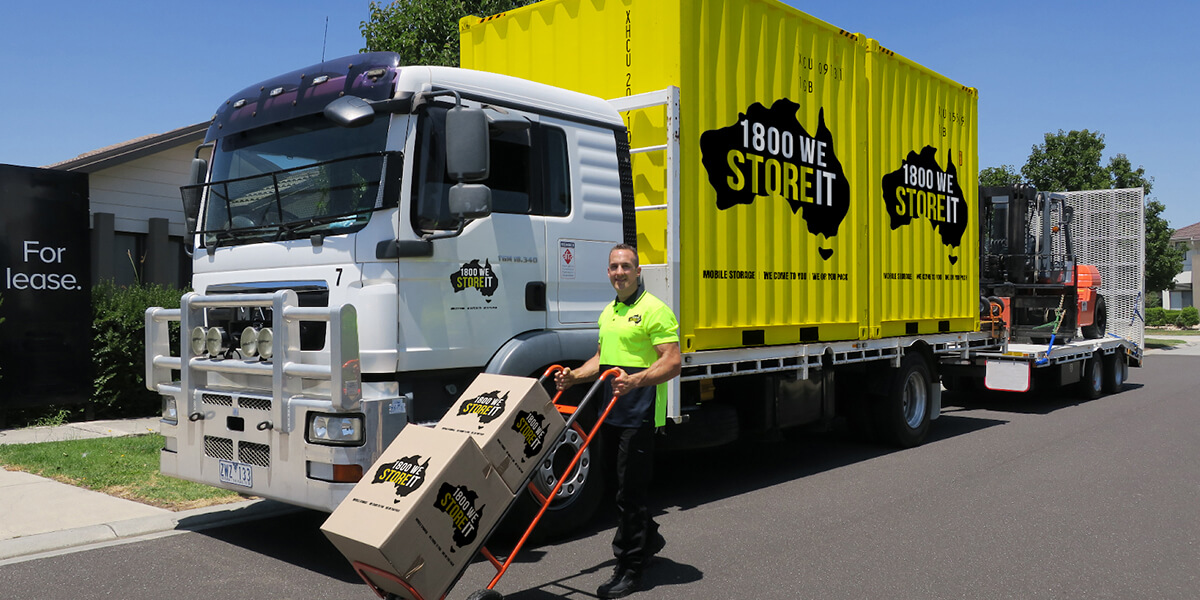Understanding Deductibles in Storage Insurance
Posted on 2 July 2024 | 4 minute read

When selecting storage insurance, understanding deductibles will make insurance more affordable by helping you manage your costs more effectively.
Deductibles play a vital role in how your storage insurance policy will work. They determine how much you will be required to pay out of your pocket before insurance kicks in.
Types of Deductibles in Storage Insurance
Two main types of deductibles can apply to storage insurance, including:
Fixed Dollar Deductibles
A fixed dollar deductible is a predetermined amount you must pay out-of-pocket before your storage insurance coverage kicks in. For example, a $500 fixed dollar deductible means you would be responsible for the first $500 of any covered claim. This is the most common type of deductible found in storage insurance policies.
Percentage-based Deductibles
Some storage insurance policies may use a percentage-based deductible instead of a fixed dollar amount. With a percentage deductible, your payment is calculated as a percentage of the total claim value. For instance, if your policy has a 10% deductible and you file a $10,000 claim, you would be responsible for the first $1,000 (10% of $10,000).
Percentage-based deductibles are more commonly used to cover natural disasters like hurricane or flood damage. The specific deductible type and amount can vary depending on your location, insurance provider, and coverage.
Fixed dollar deductibles provide a predictable out-of-pocket expense, while percentage-based deductibles tie the deductible amount to the size of the claim. Carefully considering the deductible type and amount can help you find the right balance between coverage and affordability for your storage insurance needs.
How to Choose Deductibles
Save on insurance by selecting the right deductibles for your situation with the following tips:
Affordability: Your ability to pay the deductible out-of-pocket in case of a covered claim will be a significant factor in choosing deductibles. Can you comfortably pay a higher deductible, such as $500 or $1,000, or would a lower deductible of $250 or less be more manageable for your financial situation? Choosing a deductible you can realistically afford will help ensure you don’t face undue hardship if you need to file a claim.
Risk Tolerance: Your personal risk tolerance also plays a role. If you have a low tolerance for financial risk, you may prefer a lower deductible that provides more coverage from the insurance company. However, a higher deductible could be better if you’re willing to take on more risk in exchange for lower premiums.
Frequency of Claims: Consider your past claims history and the likelihood of needing to file future claims. If you’ve had to make multiple claims in the past or foresee a higher risk of damage or theft to your stored items, a lower deductible may be prudent. Conversely, a higher deductible could be a cost-effective option if you hardly ever make a claim.
Policy Premiums: There is an inverse relationship between deductible amount and insurance premiums – the higher your deductible, the lower your monthly or annual premiums will be.
Coverage Provided by Storage Insurance Deductibles
Storage insurance deductibles provide coverage for a variety of potential risks to your stored belongings. Here are some of the critical areas that are typically covered:
Burglary or Theft: One primary reason to have storage insurance is to protect against theft or burglary of your stored items. Storage insurance policies will generally cover the cost to repair or replace items that are stolen from your storage unit as long as you have taken reasonable precautions to prevent such incidents. This may include ensuring the storage unit is properly locked and secured.
Rodent and Pest Damage: Whilst a reputable storage facility takes measures to reduce or eradicate pests, it is prudent to ensure coverage to protect your belongings. Storage insurance can provide coverage to repair or replace items damaged by these pests, in case the worst was to happen.
Water Damage: Storage insurance typically covers damage to your belongings from water-related events, such as leaks, storms, or other precipitation.
Flood Coverage: Standard storage insurance policies often do not include coverage for flood damage. However, some providers offer additional flood coverage as an optional add-on to protect stored items in the event of a flood.
Ask Us About Storage Insurance
When you need insurance for your storage needs, 1800 We Store It can help you out. While we cannot provide insurance directly, we work with a trusted provider who we can heartily recommend to all our valued clients.
So, feel free to ask about your storage options and one of our friendly staff will be happy to point you in the right direction.


